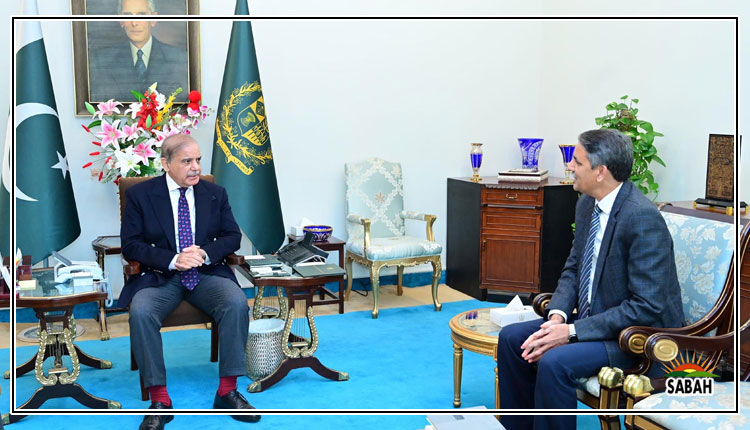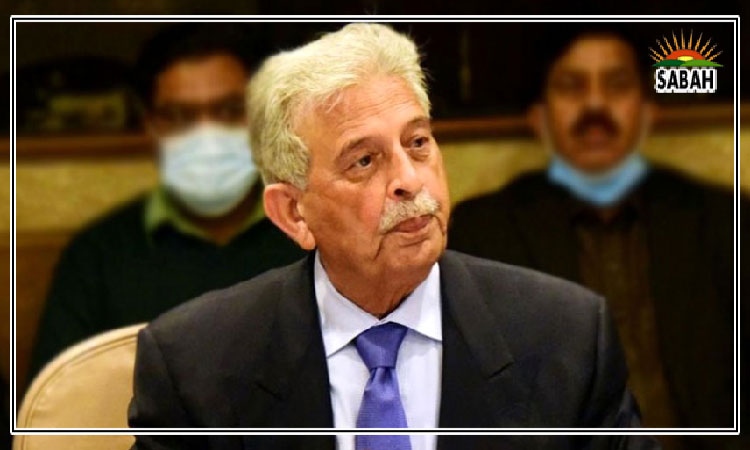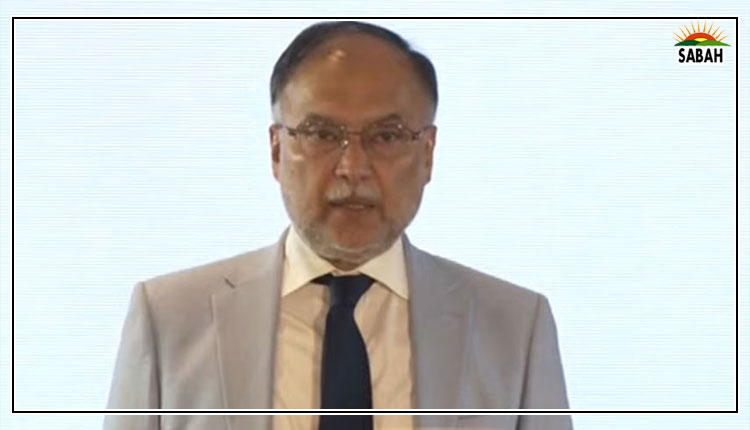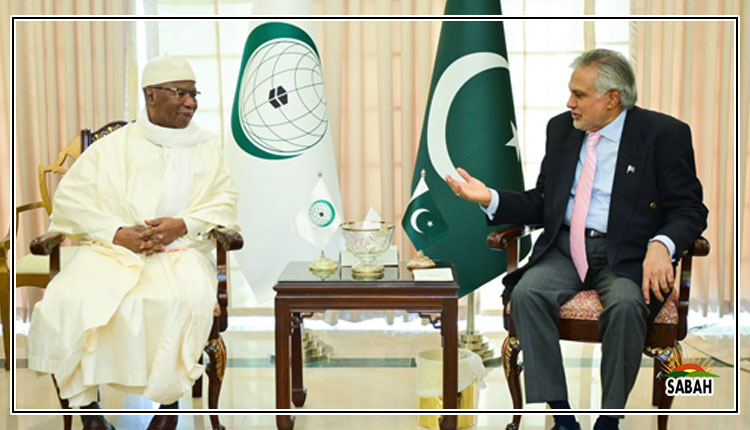Peace dividend?…Mahir Ali
A FEW days ago, Saudi negotiators conceded most of the short-term demands of their Houthi interlocutors in Sanaa, setting the scene for the potential resolution of a conflict that has spurred one of the worlds humanitarian crises since it was launched by Riyadh eight years ago.
Inevitably, many hurdles remain to be crossed. But this could mark the beginning of the end for one of the 21st centurys stupidest wars, unleashed by an ill-advised prince who absurdly assumed it would take only months, if not weeks, to establish Saudi hegemony over a broken Arab nation with which the kingdom shares a 1300-kilometre border.
Predictably, it did not turn out that way, and at long last the Saudi Crown Prince Mohammed bin Salman might have seen the light. Most of the Houthis preliminary demands have been conceded after the first publicised meeting between both sides representatives. On Sunday, Riyadhs ambassador to Yemen was pictured alongside Houthi leader Ali Qarshah, on whose head the Saudis had placed a $5m price less than six years ago.
He kept his head, and the Saudi side has agreed to long-standing demands to restore the salaries of public employees in Houthi-controlled northern Yemen, as well as to ease the embargo that has for too long deprived most Yemenis of basic necessities. The evolving peace deal appears to be a direct consequence of the unexpected agreement signed by Saudi and Iranian emissaries in Beijing a month ago.
At the time, even those Western commentators who hesitatingly hailed it as a potential breakthrough that could shift the geopolitical dynamics in the Middle East were reluctant to concede that it would have any immediate effects in Yemen. They were wrong. And although it would be foolish to jump to any dewy-eyed conclusions about a Yemeni rebirth whether as a single country or a reversion to the pre-1990 two-state solution no one can deny that the likelihood of a lasting peace has lately been enhanced manifold.
And if any foreign power deserves some gratitude for facilitating the process, it is China, which maintains cordial ties with both Tehran and Riyadh, rather than the US, whose bias invariably rules it out as a credible intermediary in such cases. Right at the outset, or at any time since then, the US could have made it nigh impossible for the Saudis to pursue their sordid mission in Yemen by halting arms sales and cutting off technical and logistical aid.
It did not, nor did its British underling. So it must hurt that the Saudis are not eternally grateful. But Riyadh was taken aback in 2019, while its close friend Donald Trump was still in power, when the US failed to retaliate against Iran for a Houthi drone attack on Saudi oilfields that was blamed on Tehran. The UAE, which had stupidly allied itself with the Saudi misadventure, was similarly shocked by drone strikes in Abu Dhabi. The Emiratis responded by disengaging from the Yemeni conflict, and later mended frayed relations with Iran.
The Saudis too by then had begun to recognise the folly of their embroilment, and have pursued negotiations with both Iran and the Houthis since at least 2021, with Oman serving as the go-between. But the Chinese push clearly accelerated progress, and its fruits are now visible even though its much too early to say whether they will turn out to be bitter, sweet or sour.
There is no cause for complacency in the case of Yemen. It remains to be seen how the negotiations play out, and further conflict remains a possibility. But an unexpected ray of hope can also be discerned. Then there is the broader question whether rapprochement between the two atrocious regimes in Riyadh and Tehran ought to be welcomed.
But, notwithstanding the nature of the two regimes, it has long been obvious that the hostility between them has, from all possible perspectives, been detrimental to the interests of the Middle East in multifarious ways. The current goodwill reflected in recent days in mutual visits related to the reopening of embassies, and the hitherto almost unthinkable prospect of a state visit to Riyadh by the Iranian president may not endure. But as long as it does, the benefits could flow through to Syria and Lebanon.
Of course, US hegemony in the Middle East hasnt ended, but it has suffered what future historians might look upon as an irrecoverable blow. No wonder the CIA director has lately been in Riyadh to remonstrate about being blindsided by his Saudi friends. And, amid his many other woes, Benjamin Netanyahu is watching his pet fantasy of a Saudi-Israeli-centred axis against Iran go up in smoke.
Only time will tell whether we are watching the contours of an alternative, China-centred world order take shape. Its consequences wont always be pleasant, but this isnt a bad start for Xi Jinping.
Courtesy Dawn












